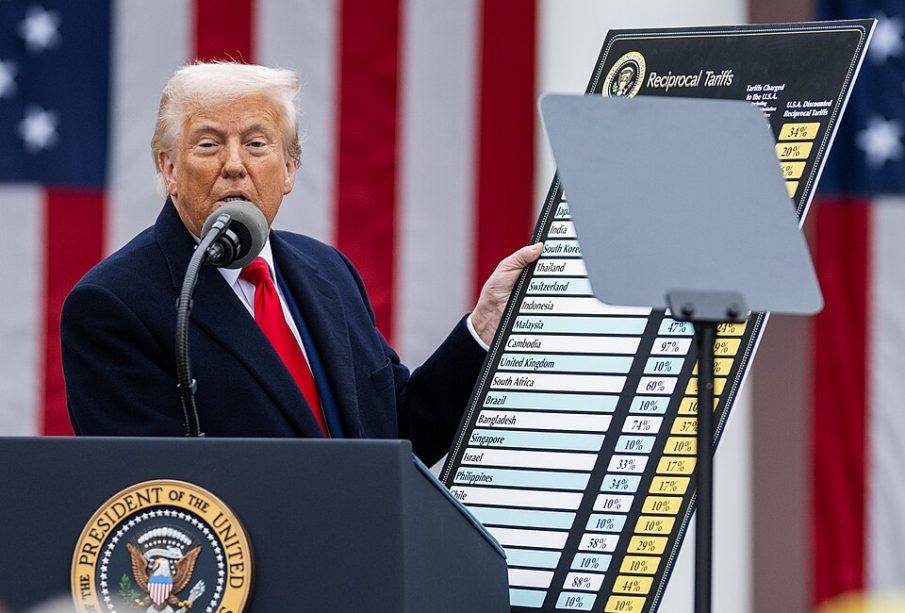The Impact of Trump Tariffs on International Trade

Introduction
The tariffs imposed during Donald Trump’s presidency have had a significant impact on international trade, reshaping relationships between the United States and its trading partners. Introduced under the premise of protecting American jobs and industries, these tariffs sparked debates on global trade practices and protectionism. Understanding the implications of these tariffs is crucial as they continue to influence economic policies even after Trump’s exit from office.
Background of Trump Tariffs
Beginning in 2018, Trump introduced tariffs on various imported goods, notably steel and aluminum, citing national security concerns and unfair trade practices. These tariffs were part of a broader trade strategy to reduce the U.S. trade deficit, stimulate domestic manufacturing, and push back against countries like China, which were accused of intellectual property theft and currency manipulation.
Effects on Trade Relationships
The escalation of tariffs led to retaliatory measures from several countries, resulting in trade wars that increased prices for consumers and altered economically vital supply chains. For instance, China retaliated with tariffs on U.S. agricultural products, which significantly impacted American farmers. The uncertainty caused by these tariffs forced many businesses to reconsider their long-term strategies and adapt to an ever-changing global landscape.
Current Landscape
Despite the shift in leadership, the legacy of Trump’s tariffs continues to influence trade negotiations and policies today. President Biden’s administration has faced pressure to reevaluate or retain these tariffs as part of its economic recovery strategy. Recent analyses suggest that while the tariffs aimed to protect domestic industries, they have also resulted in higher costs for consumers and businesses reliant on foreign goods.
Conclusion and Future Outlook
The ongoing ramifications of Trump’s tariffs highlight a pivotal moment in U.S. trade history. As the global economy grapples with challenges such as inflation and supply chain disruptions, the debate surrounding protectionism versus free trade remains relevant. Looking ahead, the future of these tariffs will likely impact negotiation strategies and economic policies in the years to come. For businesses and consumers alike, understanding these changes is essential for navigating the complex landscape of international trade.









